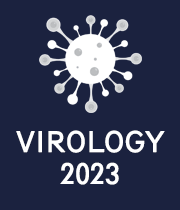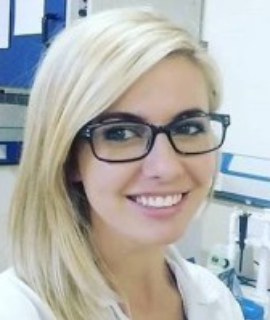Title : In vitro human induced pluripotent stem cells (hiPSC) -derived astrocytes to study JCV biology: from mechanistical insights to new biomarker identification
Abstract:
Abstract: JC virus (JCV) is the causative agent of progressive multifocal leukoencephalopathy (PML), a devastating disease of the central nervous system (CNS) that results in the widespread formation of lesions across the brain parenchyma. JCV is an opportunistic virus that resides in a latent state in the kidneys of more than half of the adult population. However, in rare cases of severe immune suppression, such as patients receiving immunomodulatory treatment, the virus is able to establish infection of astrocytes and oligodendrocytes in the brain, resulting in rapid demyelination. There exists no treatment strategies against JCV and the only means to halt the disease progression is to reconstitute an adequate immune response. Unfortunately, initial symptoms of PML often go unnoticed and only receive medical attention once the disease is already widespread in the brain. The potential of extracellular vesicles (EVs) to cross the blood-brain-barrier has paved the way in which brain-derived EVs can serve as non-invasive markers of neurological disease. Such a biomarker, that has the benefit of being monitored at regular intervals, could aid clinicians to determine early disease onset in patients at-risk for developing PML. In our group, we use human induced pluripotent stem cells (hiPSCs) that we differentiate into glial cells to model JCV infection in the brain. We first validate our hiPSC-in vitro model using a combination of techniques including qPCR, fluorescence microscopy and transmission electron microscopy. We for the first time perform an in-depth characterization of the effect of JCV on the cell proteome and show an upregulation in proteins involved in the cell cycle and DNA damage response. These data correspond to what is known for other polyomaviruses and further strengthen the validity of our unique model. Next, we perform proteomic analysis on EVs isolated from JCV-infected astrocytes and show that EVs from infected cells have a different proteomic signature as compared to the uninfected control. Ultimately, comparing this profile to that of EVs isolated from the cerebrospinal fluid (CSF) of PML patients may help in determining an early biomarker that could aid clinicians in identifying patients at-risk for developing PML before the onset of severe neurological sequelae and improve patient care.
What will audience learn from your presentation?
- In-depth characterization of how JCV influences the host proteome, which will aid towards the development of future antiviral targets and early biomarkers of disease onset.
- Strategies on how to analyze proteomic data for determining putative targets towards the aim of biomarker development


